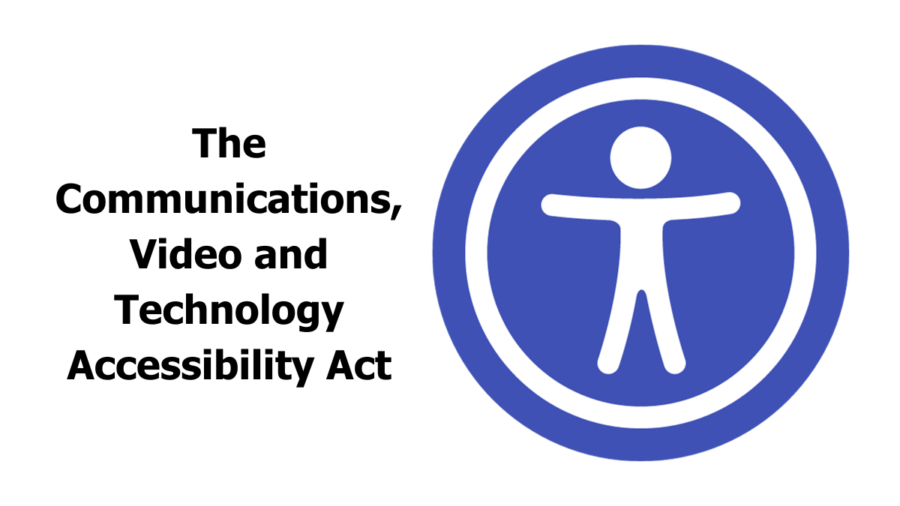RespectAbility Gets Down To Business On Our 2024 Federal Policy Priorities
RespectAbility’s policy staff is championing four pieces of legislation related to employment, voting accessibility, Supplemental Security Income (SSI), and technology accessibility. They are advocating for the Transformation to Competitive Integrated Employment Act (TCIEA), Accessible Voting Act (AVA), SSI Savings Penalty Elimination Act, and the Communications, Video, and Technology Accessibility Act (CVTA). [continue reading…]


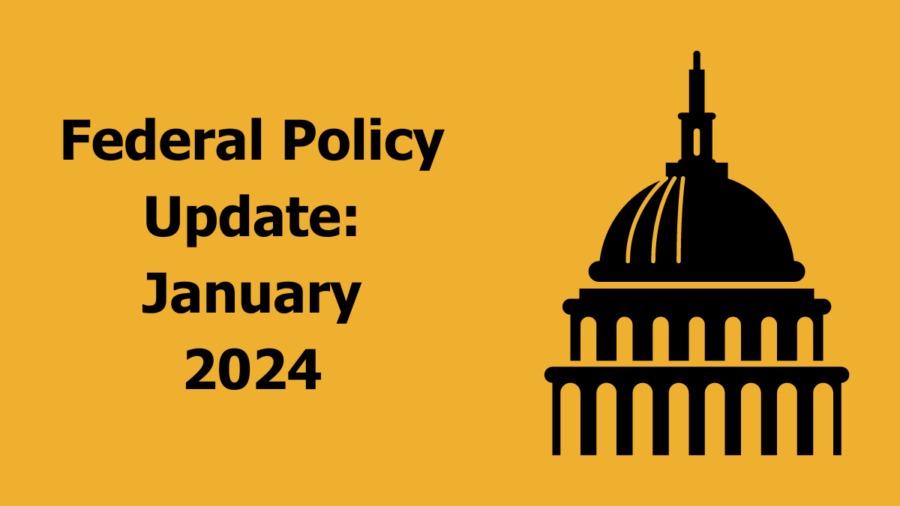
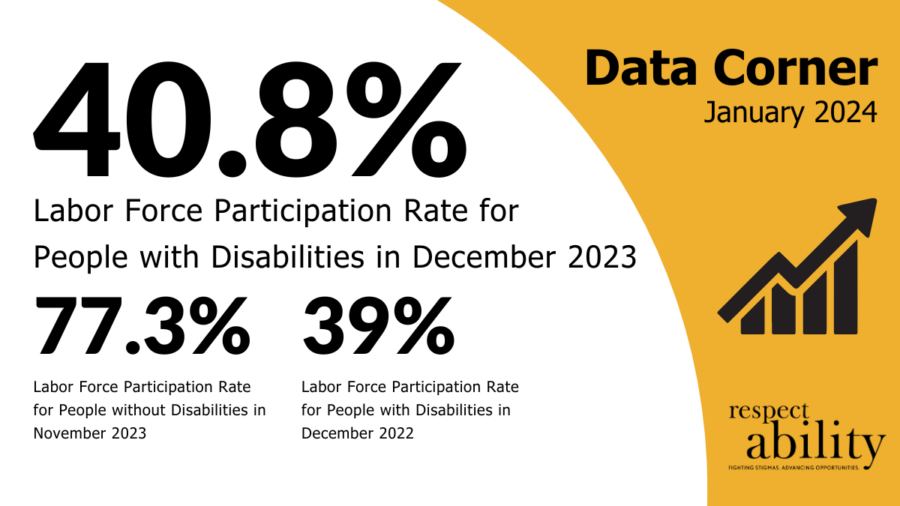
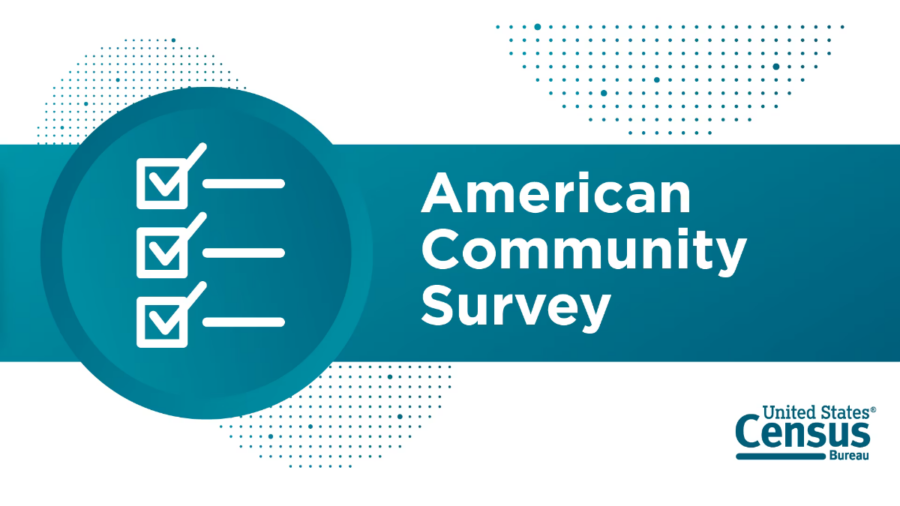

 In the Presidential election of 2020,
In the Presidential election of 2020, 
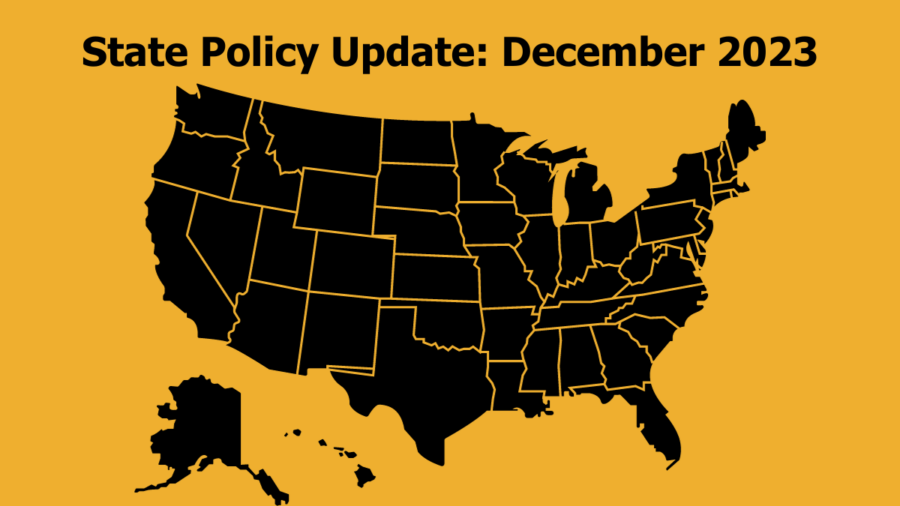
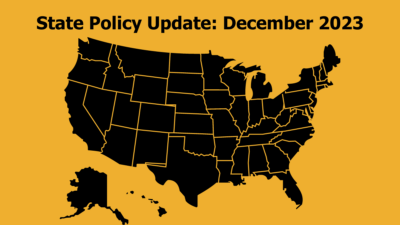 RespectAbility is gearing up for a critical year in state legislative policy. With several key states carrying stalled bills over from 2023 into 2024, the first few months will bring significant opportunities for individuals with disabilities.
RespectAbility is gearing up for a critical year in state legislative policy. With several key states carrying stalled bills over from 2023 into 2024, the first few months will bring significant opportunities for individuals with disabilities.
 The U.S. Department of Health and Human Services released its
The U.S. Department of Health and Human Services released its 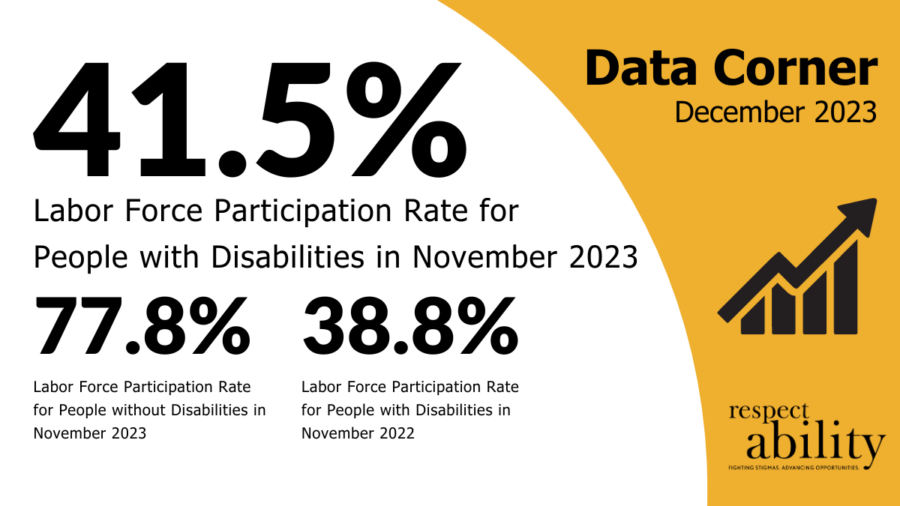
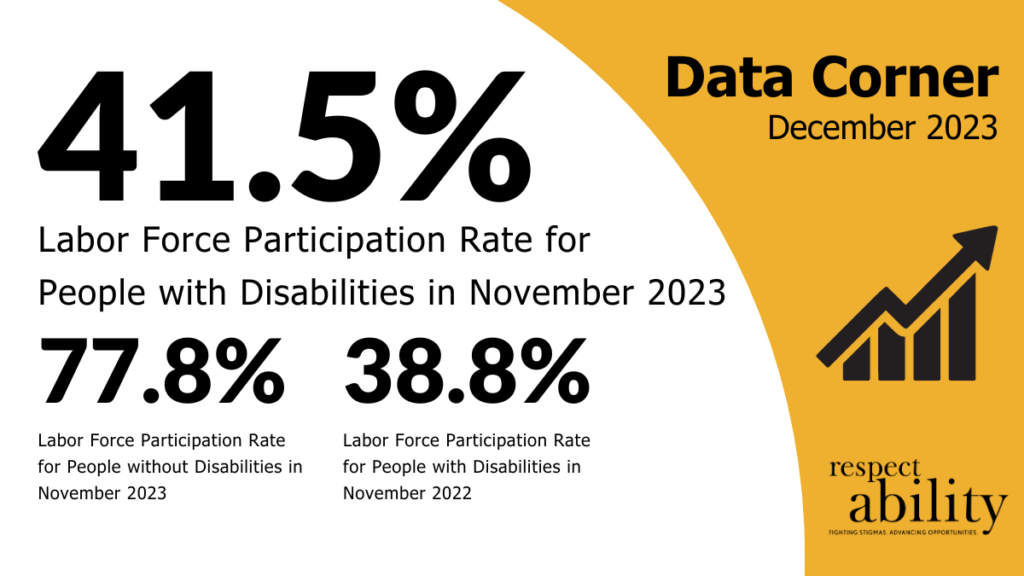 Monthly Employment Update for People with Disabilities
Monthly Employment Update for People with Disabilities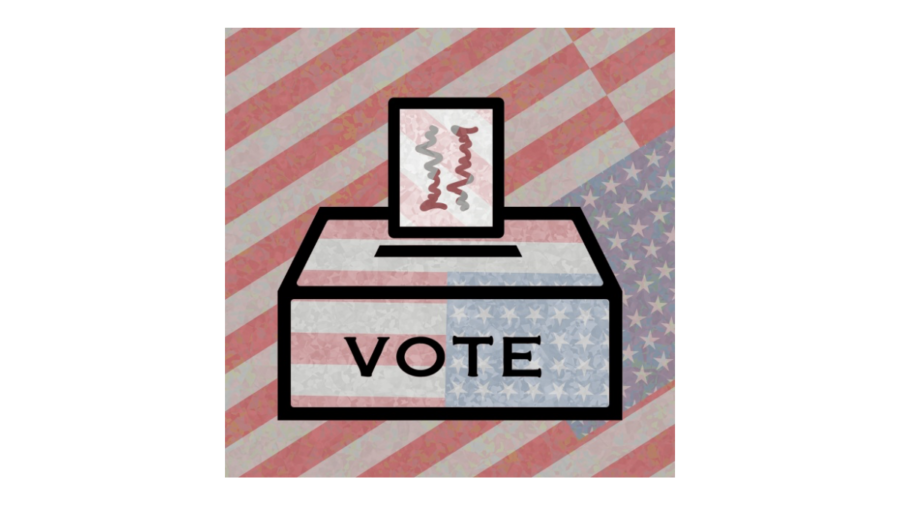
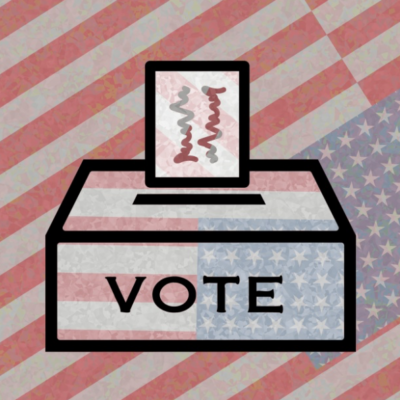 Voting is an essential right of American citizenship that people with disabilities are too often prevented from exercising. Current voting barriers include transportation to polling sites, inaccessible buildings, cumbersome registration processes, lack of election worker training on the accessibility features of voting machines, and lack of voter privacy.
Voting is an essential right of American citizenship that people with disabilities are too often prevented from exercising. Current voting barriers include transportation to polling sites, inaccessible buildings, cumbersome registration processes, lack of election worker training on the accessibility features of voting machines, and lack of voter privacy.